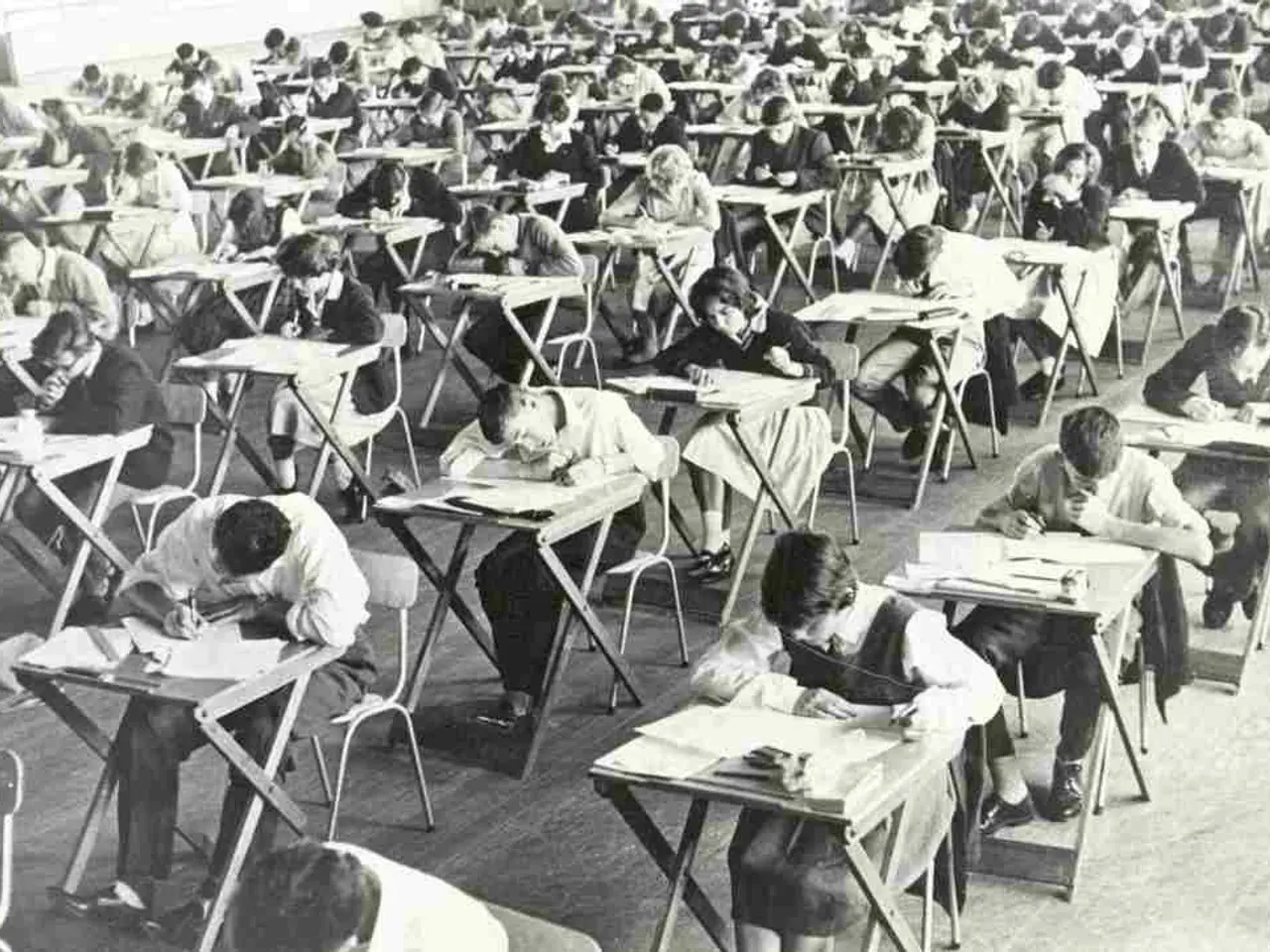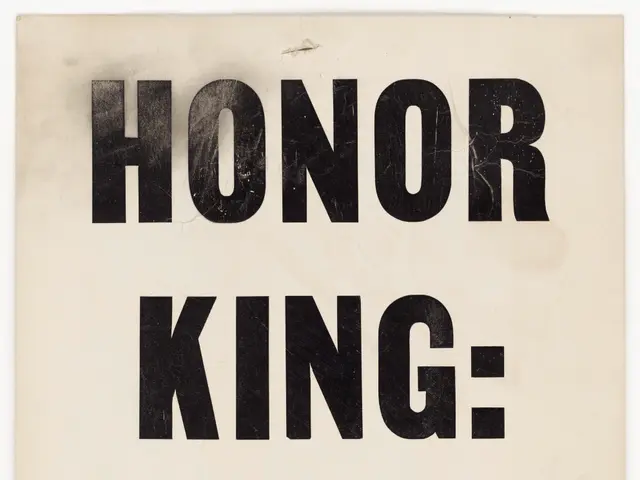Preparation Strategies for the International Baccalaureate (IB) History Exam
The International Baccalaureate (IB) History exam is a challenging yet rewarding endeavour. To excel in this exam, it's essential to understand its structure and adopt effective study strategies for each paper.
Paper 1: Source-Based Questions
Practice makes perfect, and this is especially true for Paper 1. Familiarize yourself with primary and secondary sources by identifying their creator, context, purpose, and audience. Critically evaluate the source's value and limitations. Use past Paper 1 questions and time yourself to build familiarity and speed. Develop skills in extracting evidence, comparing sources, and making substantiated judgments. Practice writing clear, concise answers under exam conditions and review them via mark schemes or teacher feedback.
Paper 2: Essay Questions on Prescribed Themes
Master the key themes and associated case studies, organizing your knowledge around thematic essays. Use timelines and chronologies to link causes, effects, and turning points across topics for stronger argumentation. Practice essay writing, focusing on crafting strong theses, analytical arguments, and integrating historiography (different historians’ views). Use past papers to understand command terms and essay structures required to achieve top marks.
Paper 3: Regional Option In-depth Essays (for HL students only)
Build deep knowledge of your chosen region’s history with emphasis on key events, leaders, and movements. Develop the ability to write well-structured essays that include comparisons, causation, and consequence analysis. Use extensive study of case studies supported by evidence and historiographical perspectives as required by HL courses.
Effective Study Techniques
Employ active recall: regularly test yourself to retrieve key facts, cause-effect relationships, and historiographical views without notes. Create color-coded timelines and mind maps for visual linkage of events and themes. Practice writing under timed conditions to simulate exam pressure. Use past exams and mark schemes for self-assessment and to identify writing and analysis improvement areas. Incorporate historiography to demonstrate critical evaluation beyond straightforward factual recall. Balance breadth (covering all syllabus content) with depth (detailed case studies and analyses).
By combining source analysis practice for Paper 1, thematic essay writing for Paper 2, and deep regional knowledge for Paper 3 with efficient study habits like active recall and timed practice, you will enhance your ability to perform confidently and analytically in the IB History exam.
[1]: [Link to official IB History resource] [3]: [Link to IB History mark schemes] [5]: [Link to IB History past papers]
Flashcards can help solidify key historical facts and events, complementing your study materials for the International Baccalaureate (IB) History exam. Additionally, mock exams can simulate the exam conditions and help identify any areas of improvement in your learning, especially when used with past papers and mark schemes.





